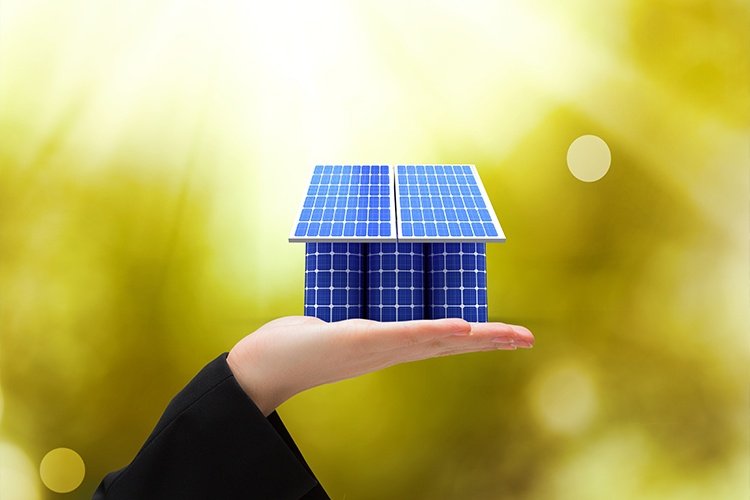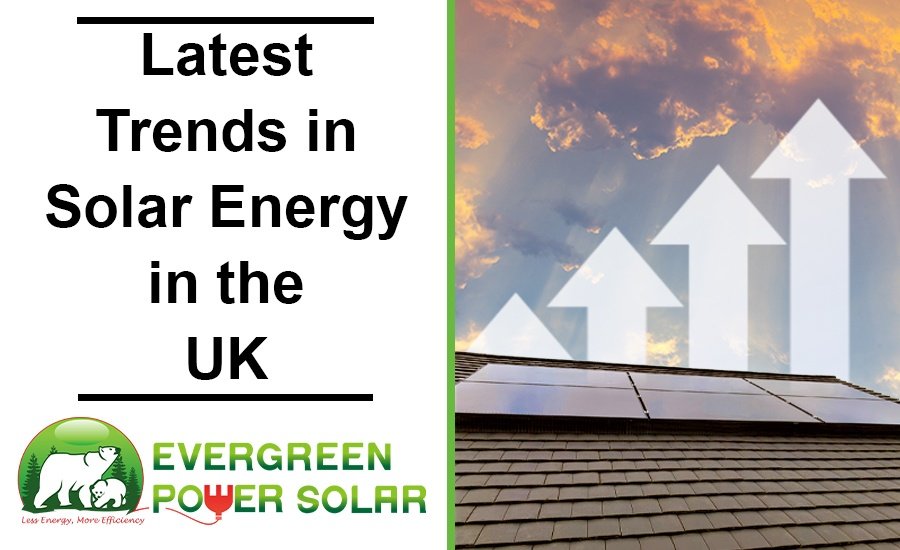The energy landscape in the UK is undergoing a significant transformation, with solar energy at the forefront of this change. As homeowners grapple with soaring energy bills, many are turning to solar power as a sustainable and cost-effective solution. This shift is not only reducing energy costs but also contributing to a greener future by reducing carbon footprints and promoting self-sustainability.
The Solar Surge
The energy crisis has led to a substantial increase in demand for solar panels UK. According to Solar Energy UK, the trade association for the solar industry, the number of solar installations has tripled, from 1,000 a week in July 2020 to over 3,000 a week currently. This surge in interest is not surprising considering the multitude of benefits solar energy offers.
Solar energy is a renewable source of power that harnesses the energy from the sun to generate electricity. This form of energy is not only sustainable but also abundant, providing a viable solution to the current energy crisis. The increasing adoption of solar energy is a testament to the growing awareness and commitment towards sustainable living among UK homeowners.
The Power of the Sun

Solar panels work by absorbing sunlight through photovoltaic cells, which convert it into electricity. This electricity can be used directly in your home or stored in a battery for later use. By harnessing the power of the sun, homeowners can significantly reduce the amount of electricity they need from the grid, leading to substantial savings on energy bills.
The process of converting sunlight into electricity is a marvel of modern technology. The photovoltaic cells in the solar panels are made of semiconductor materials, such as silicon, which absorb the sunlight. When the sunlight hits these cells, it causes the electrons in the atoms of the semiconductor to break free. These free electrons then move through the material to produce electricity. This process, known as the photovoltaic effect, is the basis of solar power generation.
The Financial Benefits
A decade ago, the cost of a typical solar panel system was around £20,000, and it would take about ten years to recoup this investment. However, the cost of solar panel systems has fallen by more than 50% since then. Today, it takes between four and five years for a system to pay for itself.
The Royal Institution of Chartered team suggests that a standard solar panel system costs between £9,000 to £11,700. The actual cost will depend on various factors, including the size of the system, the type of panel chosen, the quality of components, the state of repair of your roof, and the individual installer.
The falling cost of solar panels is a significant factor driving their adoption. As technology advances and economies of scale come into play, the cost of solar panels is expected to continue to decrease, making them even more affordable for homeowners.
Reducing Energy Bills
The amount of electricity solar panels can generate depends on the type and size of the system and the property. According to reports a typical home could cut electricity bills by up to* £1200 a year. Households with electric heating could be more than £1500* a year better off. If energy bills rise as predicted this winter, then the value of electricity generated through solar panels could almost double.
The savings on energy bills are a major incentive for homeowners to switch to solar power. With the cost of energy expected to rise in the coming years, these savings will only increase, making solar power an even more attractive option.
The Environmental Impact
In addition to the financial benefits, solar energy also has a significant positive impact on the environment. By switching to solar power, homeowners are reducing their carbon footprint and contributing to the fight against climate change. Solar energy is a clean, renewable source of energy that does not emit any harmful greenhouse gases.
The environmental benefits of solar energy extend beyond just reducing carbon emissions. Solar panels do not require water to generate electricity, unlike many other forms of power generation. This makes solar power a particularly attractive option in areas where water resources are scarce. Furthermore, solar panels produce no noise pollution, making them a good choice for residential areas.
The Future of Solar Energy in the UK
The future of solar energy in the UK looks bright. With the cost of solar panels falling and the benefits becoming increasingly apparent, more and more homeowners are expected to make the switch to solar power. This trend is not only good for the environment but also for the economy, as it creates jobs and stimulates growth in the renewable energy sector.
The UK government is also supporting the shift towards renewable energy. Various incentives and schemes are in place to encourage homeowners to install solar panels. These include the Smart Export Guarantee (SEG), which allows homeowners to sell the excess electricity generated by their solar panels back to the grid.
Solar Power: A Wise Investment
Investing in solar panels is not just about saving money on energy bills. It’s also about investing in a sustainable future. With the threat of climate change looming large, it’s more important than ever to reduce our reliance on fossil fuels and embrace renewable sources of energy.
Solar panels are a long-term investment. They have a lifespan of around 25-30 years, and once installed, they require minimal maintenance. This makes them a cost-effective solution for homeowners looking to reduce their energy costs and their environmental impact.
Conclusion
In conclusion, the latest trends in solar energy in the UK highlight a promising future for homeowners. By investing in solar panels, homeowners can reduce their energy costs, decrease their carbon footprint, and become more self-sustainable. As the UK continues to embrace renewable energy, solar power is set to play a crucial role in the country’s energy future.
The shift towards solar energy is not just a trend; it’s a necessary step towards a sustainable future. As homeowners, we have a responsibility to make choices that not only benefit us financially but also contribute to the well-being of our planet. By choosing solar power, we are taking a step in the right direction.

